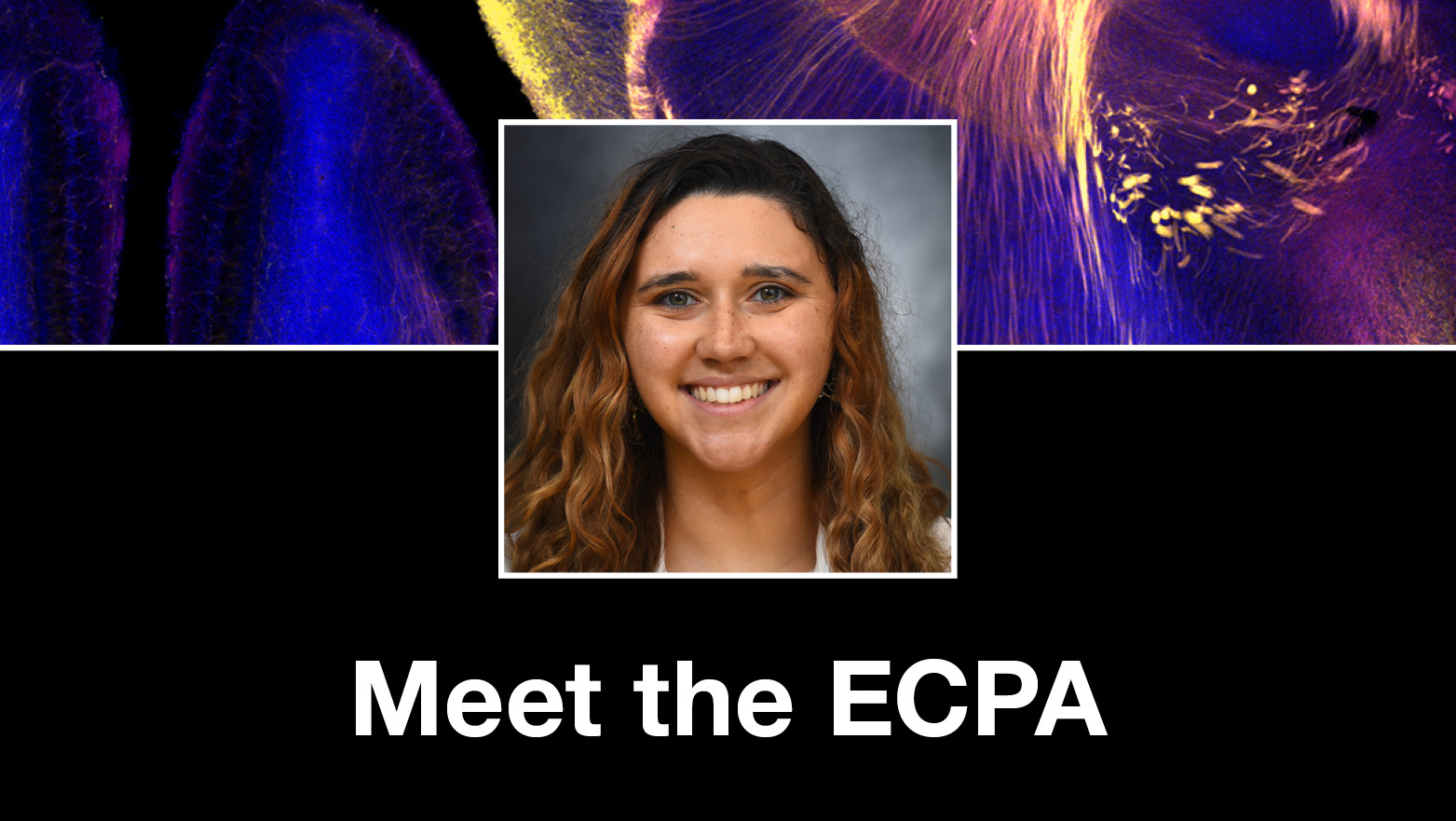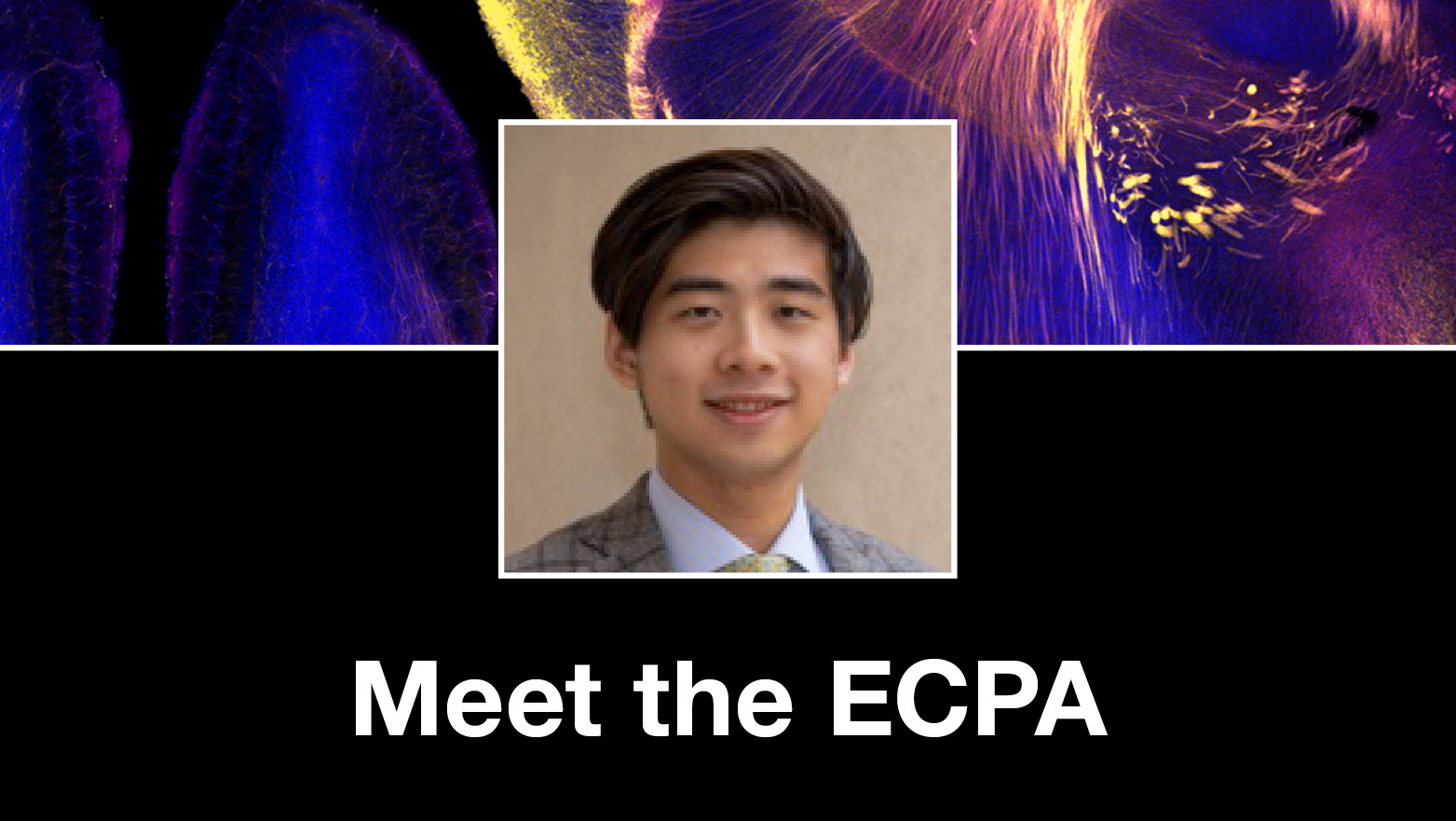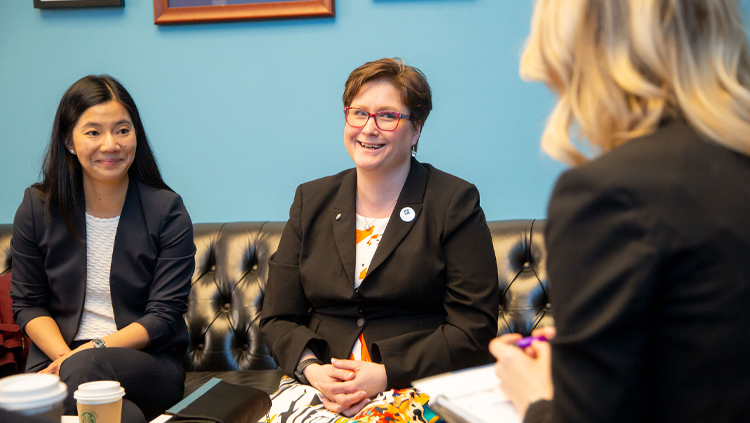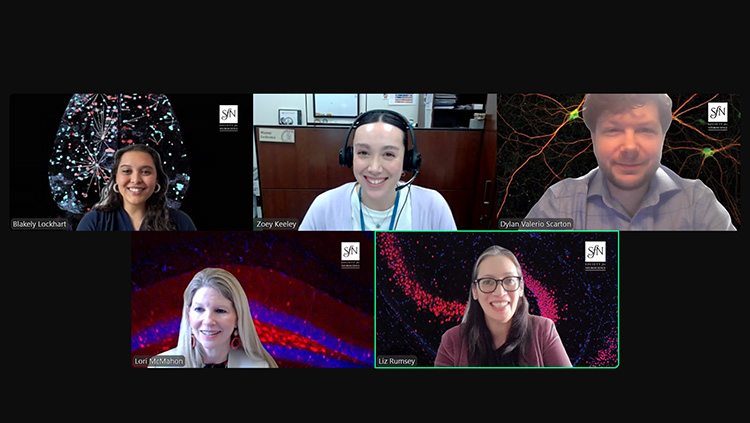Learn about Elena Kozina, PhD, a 2024 Early Career Policy Ambassador and Parkinson’s researcher at Thomas Jefferson University, as she details how growing up and attending college in post-Soviet Russia has instilled in her a passion for science advocacy.
Describe your journey in neuroscience and current research.
My journey in neuroscience has been deeply influenced by my academic family background, particularly my grandmother, who was a neurologist. Even as a little girl, I was drawn to the complexities of the brain often found with my nose buried in her books on the CNS function and pathology. Currently, I am investigating the role of viral infections and innate immunity in neurodegeneration. We are using clinically relevant human pathogens to better understand specific immune responses' role in the development of neurological diseases, with a particular emphasis on Parkinson's disease. I am also interested in unraveling the molecular mechanisms of meningeal immunity during the early stages of the neurodegenerative process. We aim to identify potential early indicators and peripheral therapeutic targets for neurodegeneration, looking beyond the CNS for insights and solutions. This research is not only intellectually stimulating but also holds great potential for impacting the lives of individuals affected by Parkinson's disease.
Why are you interested in science policy and advocacy?
Growing up and attending college in post-Soviet Russia has profoundly shaped my interest in science policy and advocacy. In a society where scientific priorities were (and still are) overshadowed by military and political agendas, I witnessed firsthand the challenges and lack of government support for biomedical research. During my graduate studies, I realized that the government's focus had shifted away from prioritizing the development and advancement of biomedical science as a national priority. Instead, resources were channeled into military advancements, neglecting investments that could have benefited society's overall well-being. When I had the opportunity to study in Europe and later moved to the US, it felt like stepping into a time machine, fast-forwarding through decades of progress in human rights and democratic values. I found myself in a different world—one where science and research were valued, supported, and seen as essential for societal progress. I am deeply committed to advocating for policies that promote scientific research, innovation, and collaboration. I believe that fostering a supportive environment for neuroscience and biomedical research not only benefits scientific advancements but also contributes to improving public health, addressing societal challenges, and promoting global well-being. My journey from a restrictive scientific environment to one that values and prioritizes scientific endeavors has strengthened my resolve to actively engage in neuroscience policy and advocacy efforts.
What does being an ECPA mean to you? Can you describe your two advocacy-related projects you proposed as part of the program?
As an ECPA, I plan to organize lab tours for Pennsylvania-elected officials, providing them with an immersive experience into the world of brain research. These tours will offer a firsthand look at cutting-edge neuroscience projects, innovative technologies, and the dedicated scientists driving discoveries. By facilitating direct interactions between policymakers, established neuroscientists, graduate students and postdocs, I hope to foster a deeper understanding of the importance of federal funding for scientific endeavors. My hope is that the insights gained by elected officials will influence policy decisions and resonate within legislative circles, amplifying advocacy efforts at the governmental level.
Secondly, I aim to develop a series of presentations and meetings tailored for neuroscience graduate students at Thomas Jefferson University. These sessions will focus on effectively communicating the significance of science policy and advocacy, drawing from my experiences at SfN's and the Michael J. Fox Foundation (MJFF) Capitol Hill Day. By sharing practical advice, I hope to inspire fellow scientists to become advocates for their research fields and create a network of informed and empowered advocates within the scientific community.
Why do you feel it’s important to speak to your federal policymakers on the importance of continued support of federal investment in biomedical research?
My experiences have highlighted the critical role that government funding plays in advancing scientific knowledge and translating discoveries into real-world applications for improving public health. Federal investment in neuroscience and biomedical research is essential for driving innovation, fostering scientific breakthroughs, and addressing pressing health challenges such as neurodegenerative diseases and mental health. By advocating for sustained NIH funding, we can ensure that scientists have the resources they need to conduct cutting-edge research, develop new therapies, and enhance the quality of life for millions of people.
How has being an SfN member benefited you in both your professional career and advocacy journey?
Being a member of SfN since 2013, I have had the opportunity to participate in numerous SfN annual meetings, initially as a postdoc and presenter and later transitioning into a mentor role. Professionally, SfN membership has provided me with access to a vast network of neuroscientists worldwide and helped me stay connected with my previous lab members and colleagues. These connections have facilitated collaborations, knowledge exchange, and professional development opportunities, ultimately contributing to my career growth. SfN's meetings have served as a great platform for showcasing my research, receiving feedback from other neuroscientists, and staying updated on the latest advancements in neuroscience. Participating in SfN meetings has also helped me refine my communication and presentation skills. Through SfN's advocacy initiatives and engagement opportunities, I have gained a deeper understanding of the policy landscape impacting neuroscience research and learned effective advocacy strategies.
Elena Kozina, PhD (she/her/hers):
Elena Kozina, PhD, is a faculty research associate at Thomas Jefferson University in Philadelphia, Pa., dedicated to the exploration of neuro-immune interactions and cell biology of Parkinson's disease. She earned her MS in physiology from Kazan State University and her PhD in neuroscience from the Russian Academy of Science in Moscow. Upon completing her PhD, she joined the lab of Richard Smeyne, initially at St. Jude Children's Hospital in Memphis, Tenn., and later at Thomas Jefferson University in Philadelphia, Pa., focusing on neuro-immune modulation of the CNS effects in both sporadic and familial Parkinson's disease. Currently, her work centers on unraveling the intricate interplay between viral and bacterial infections, innate immunity, and the development of Parkinson's disease.











